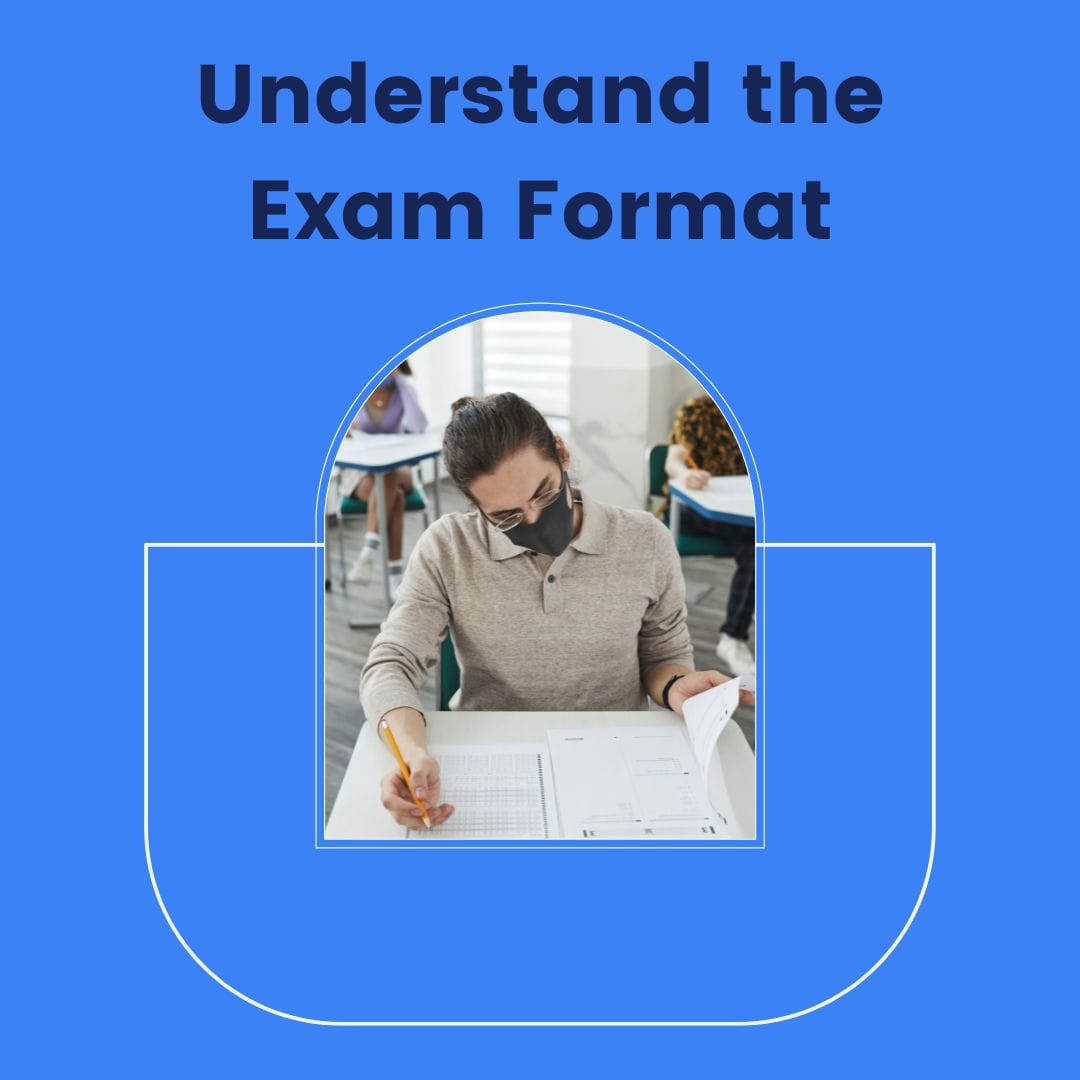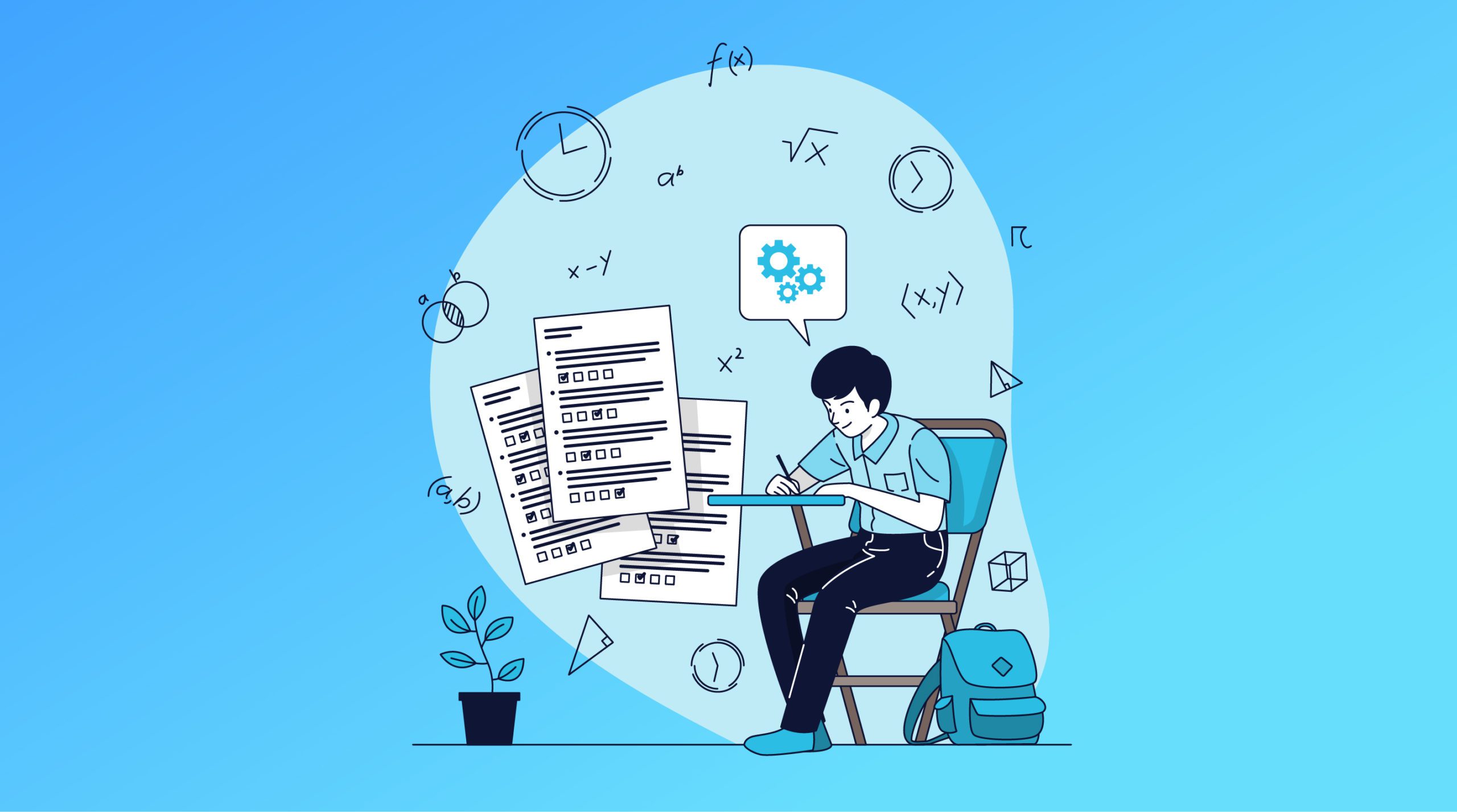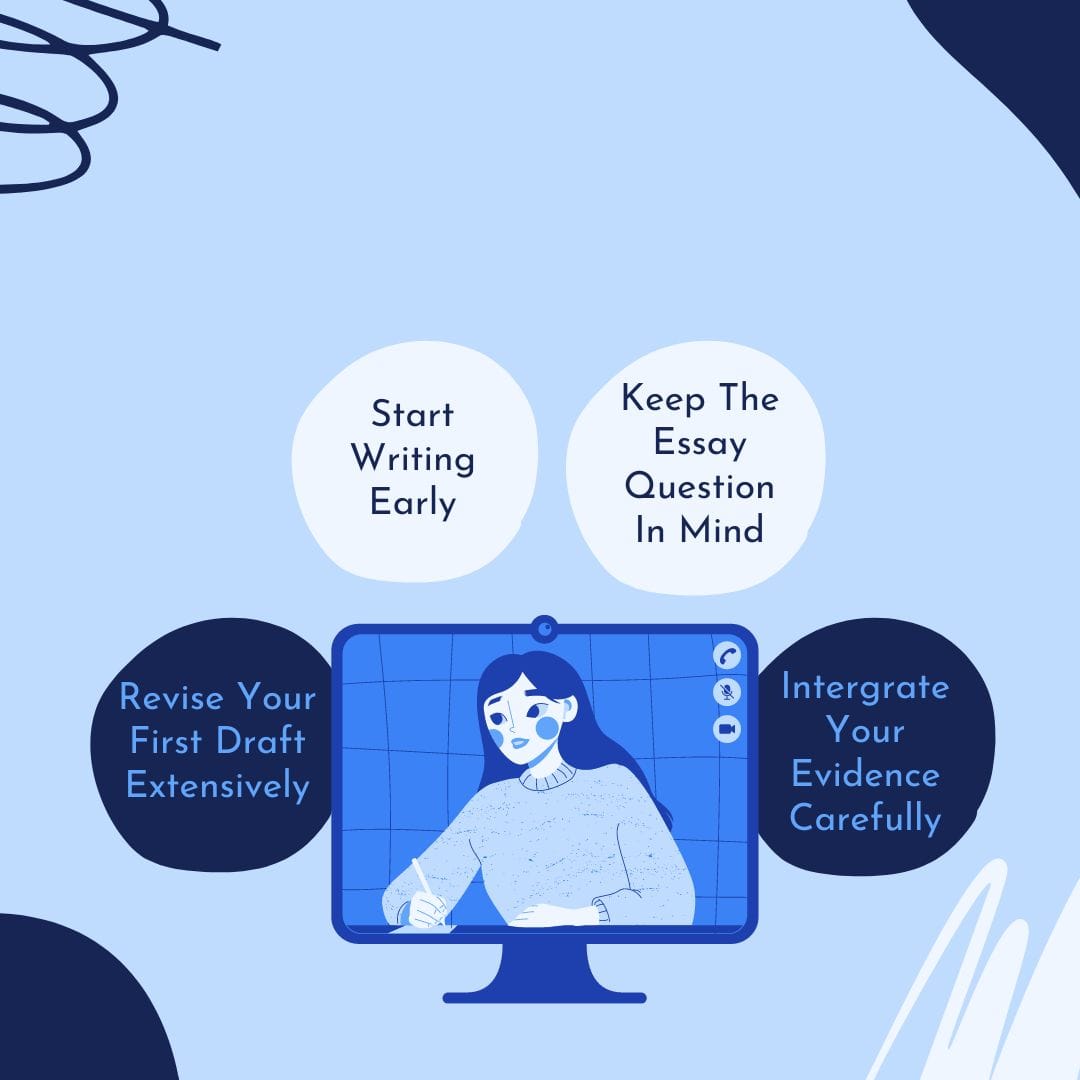How to Approach English Literature Exams: Tips and Tricks

Approaching English literature exams can often feel daunting due to the vastness of content and the depth of analysis required. However, with the right strategies and a focused approach, you can demystify the process and set yourself up for success. Here are some expert tips and tricks to help you navigate your English literature exams more effectively.

Understand the Exam Format
Start by familiarizing yourself with the exam format. English literature exams typically include a mix of multiple-choice questions, short answer questions, and essays. Knowing the format in advance will help you tailor your study strategy to address each type of question effectively.

Read Actively
When studying texts, practice active reading. This means engaging with the text by annotating, asking questions, and summarizing key points in your own words. Look for themes, motifs, and character developments, and consider the historical and cultural context of each work. This deeper understanding will help you craft more insightful responses during your exam.

Practice Close Reading
Close reading skills are essential for literature exams. This involves analyzing passages in detail to understand their thematic significance, tone, and language use. Practice by selecting random passages from your texts and writing brief analyses of them. Focus on how specific word choices, imagery, and sentence structures contribute to the overall meaning.

Develop a Thesis Statement
For essay questions, start with a strong thesis statement that clearly presents your argument or interpretation. This statement should guide your entire essay, ensuring that each paragraph contributes to building your case. Practicing writing thesis statements for different prompts can sharpen your ability to formulate concise and compelling arguments quickly.

Use Evidence Effectively
Always support your arguments with direct evidence from the text, including quotations and detailed examples. However, remember that it's not enough to simply list evidence; you must also explain how it supports your thesis. This demonstrates your ability to connect your ideas to the text and shows a deeper level of analysis.

Time Management
Practice managing your time effectively, especially for essay sections. Allocate time to plan, write, and revise your essays. A well-structured essay with clear arguments and proofread content often scores higher than a longer, disorganized one.

Address the Prompt Directly
Always keep the essay prompt in mind and ensure your response directly addresses it. It can be easy to veer off into interesting tangents, but exam essays should be focused and relevant to the question asked.

Stay Calm and Confident
Finally, approach your exam with confidence. Anxiety can hinder your ability to recall information and articulate your thoughts clearly. Develop a routine before exam day that helps you stay calm, such as deep breathing exercises or positive affirmations.

Incorporating these strategies into your study routine can transform the way you approach English literature exams. With practice, you'll find yourself not only better prepared but also more excited to showcase your understanding and insights into the rich tapestry of English literature.




